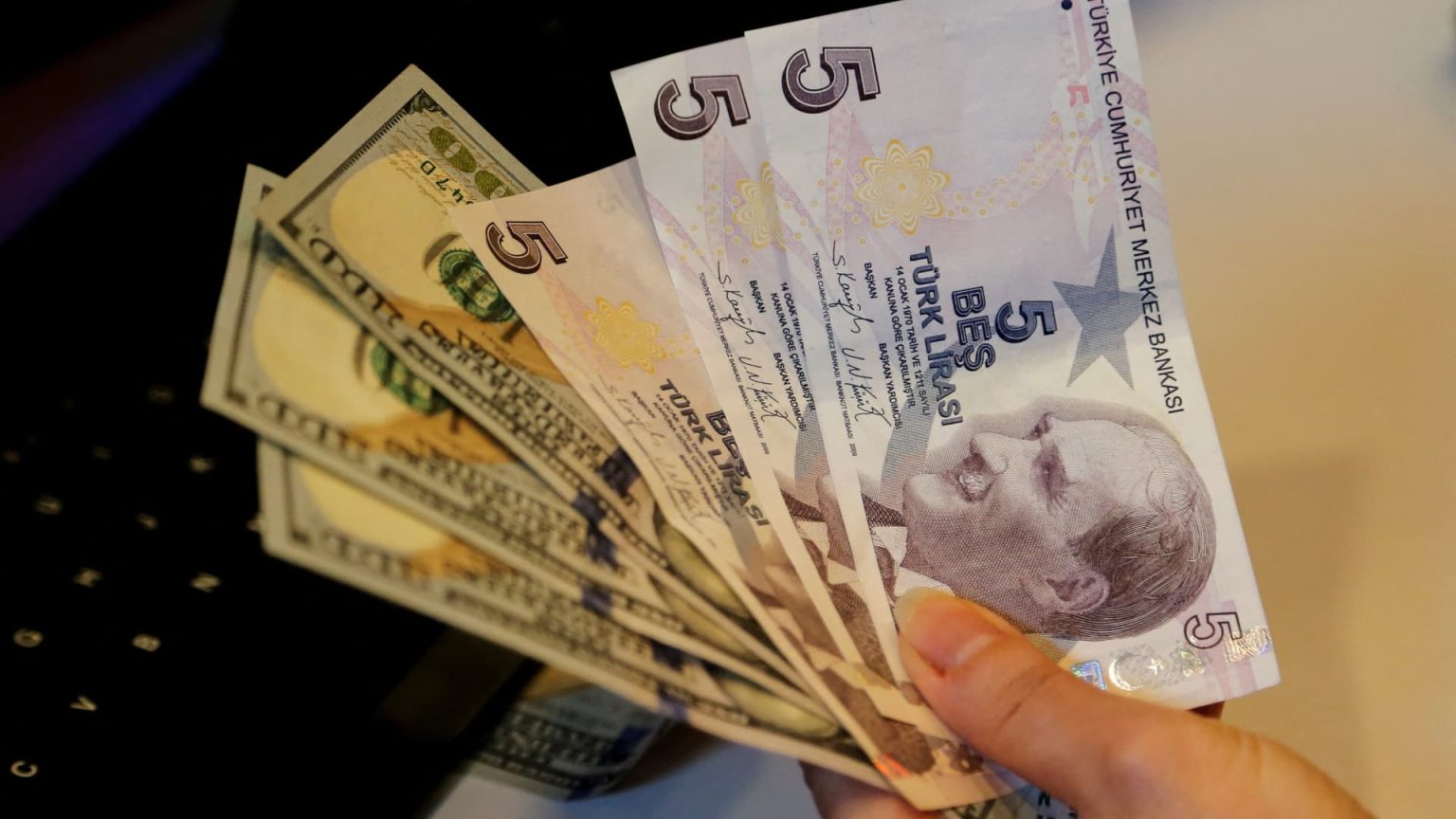Turkey’s annual inflation rate rose to 68.5% in March, up from February’s 67.1%, according to a report from the Turkish Statistical Institute. The monthly increase in consumer prices was 3.16%, with education, communication, and hotels, restaurants, and cafes seeing the highest month-on-month increases. On an annual basis, education had the highest cost inflation at 104%, followed by hotels, restaurants, and cafes at 95% and health at 80%. The government has been making efforts to address this issue, including raising the key interest rate from 45% to 50% in late March.
The significant increase in inflation in recent months can be attributed to the rise in the minimum wage mandated by the Turkish government for 2024. The minimum wage increased to 17,002 Turkish lira per month (around $530) in January, a 100% hike from the previous year. Economists believe that further rate hikes by the central bank may be necessary to combat inflation. Despite March’s inflation rate being the smallest monthly increase in three months, it is still well above the single-digit target that policymakers are aiming for. Nicholas Farr, an analyst at Capital Economics, stated that further monetary tightening and fiscal policy adjustments will likely be needed in the future.
The Turkish government’s efforts to address high inflation have included interest rate hikes and other measures to stabilize prices and curb rising costs for consumers. Despite these actions, inflation remains persistently high, posing challenges for the economy and policymakers. It is crucial for the government to continue implementing policies to address inflation and ensure economic stability. While the latest inflation figures indicate some improvement compared to previous months, they still fall short of the target set by policymakers.
Inflation in Turkey has been driven by various factors, including rising costs in sectors such as education, communication, and hospitality. The government’s decision to raise the minimum wage significantly has also contributed to the inflationary pressures in the economy. As a result, further monetary tightening and fiscal policy adjustments are expected to be necessary in the coming months. The government will need to take decisive action to address these challenges and ensure sustainable economic growth.
Overall, Turkey’s inflation rate remains high, despite some improvement in March compared to previous months. The government’s efforts to combat inflation, including interest rate hikes and other measures, have had some impact but more actions may be needed to achieve the desired single-digit inflation target. Economists are calling for further monetary tightening and fiscal policy adjustments to address the persistent inflationary pressures and stabilize the economy. It is essential for policymakers to continue monitoring the situation closely and implementing appropriate measures to ensure long-term economic stability.


